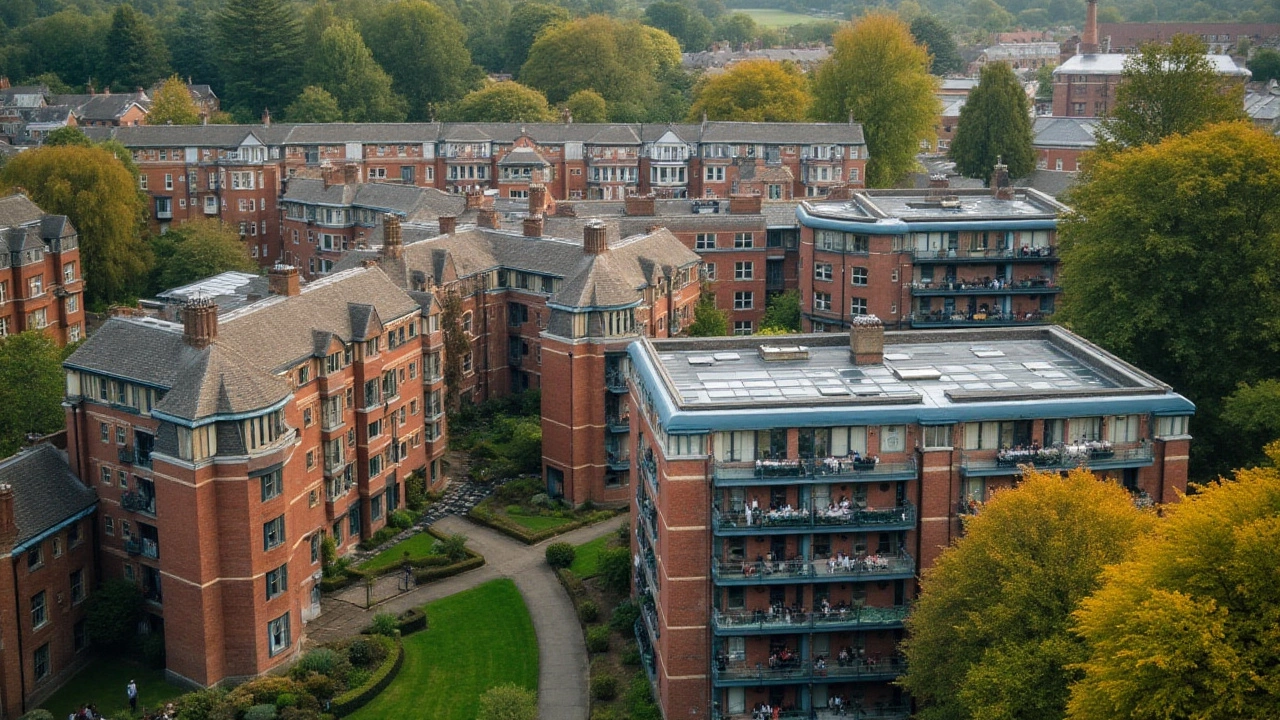Education: Your Guide to Student Accommodation
Looking for a place to live while you study? You’re not alone. Students across the UK face the same questions: where to stay, how to stay safe, and what support is available. This page pulls together the most useful advice on student accommodation, so you can focus on classes instead of worrying about where to sleep.
Why Student Accommodation Services Matter
Student accommodation isn’t just a roof over your head. It’s part of the learning environment. Services like disability adaptations, quiet study zones, and mental‑health resources help every student succeed. When a university provides these accommodations, it removes barriers that might hold you back. That’s why understanding what’s on offer can dramatically improve your academic experience.
For example, students with learning difficulties often need extra time for assignments or a quieter room for exams. Many campuses have dedicated staff to arrange these tweaks, and they’re usually free of charge. Knowing how to request them early saves you stress later on. The key is to reach out to the accommodation office as soon as you confirm your enrollment.
Choosing the Right Student Housing
Now that you get why support matters, let’s talk about where you might live. There are three main options: on‑campus dorms, off‑campus apartments, and shared houses. Dorms give you instant access to libraries, cafés, and student events, but they can feel crowded. Off‑campus apartments offer more privacy and often a kitchen, though you’ll need to budget for travel and utilities. Shared houses strike a middle ground – you split rent and chores, which can cut costs and create a social vibe.
Think about your lifestyle. If you love late‑night study sessions, a dorm close to the library might be best. If you’re cooking your own meals and need a quiet space, an off‑campus flat could work. And if you enjoy meeting new people and don’t mind a bit of extra cleaning, a shared house gives you both independence and a built‑in network.
Practical tips can make any choice easier. Start by listing priorities: budget, distance, amenities, and support services. Then compare listings side by side, checking for hidden fees like maintenance or internet. Visit the property if you can – a quick walk‑through reveals noise levels, security, and how well the place is maintained.
Don’t forget to read reviews from current or former tenants. Sites like StudentRoom.co.uk host real feedback that can highlight issues you might otherwise miss. If a landlord is slow to respond to maintenance requests, that’s a red flag. Quick, helpful communication is a sign of a well‑managed property.
Finally, act fast. Good student housing goes quickly, especially near popular campuses. Once you’ve narrowed it down, have your documents ready: ID, proof of enrollment, and a guarantor if needed. A prepared application shows you’re serious and can give you an edge over other applicants.
Whether you need extra academic support or just a comfortable place to crash after a long day of lectures, the right accommodation makes all the difference. Use the advice here to evaluate services, weigh your housing options, and secure a spot that fits your budget and lifestyle. With a solid home base, you’ll be set to focus on what really matters – your studies and the university experience you’ve always wanted.

